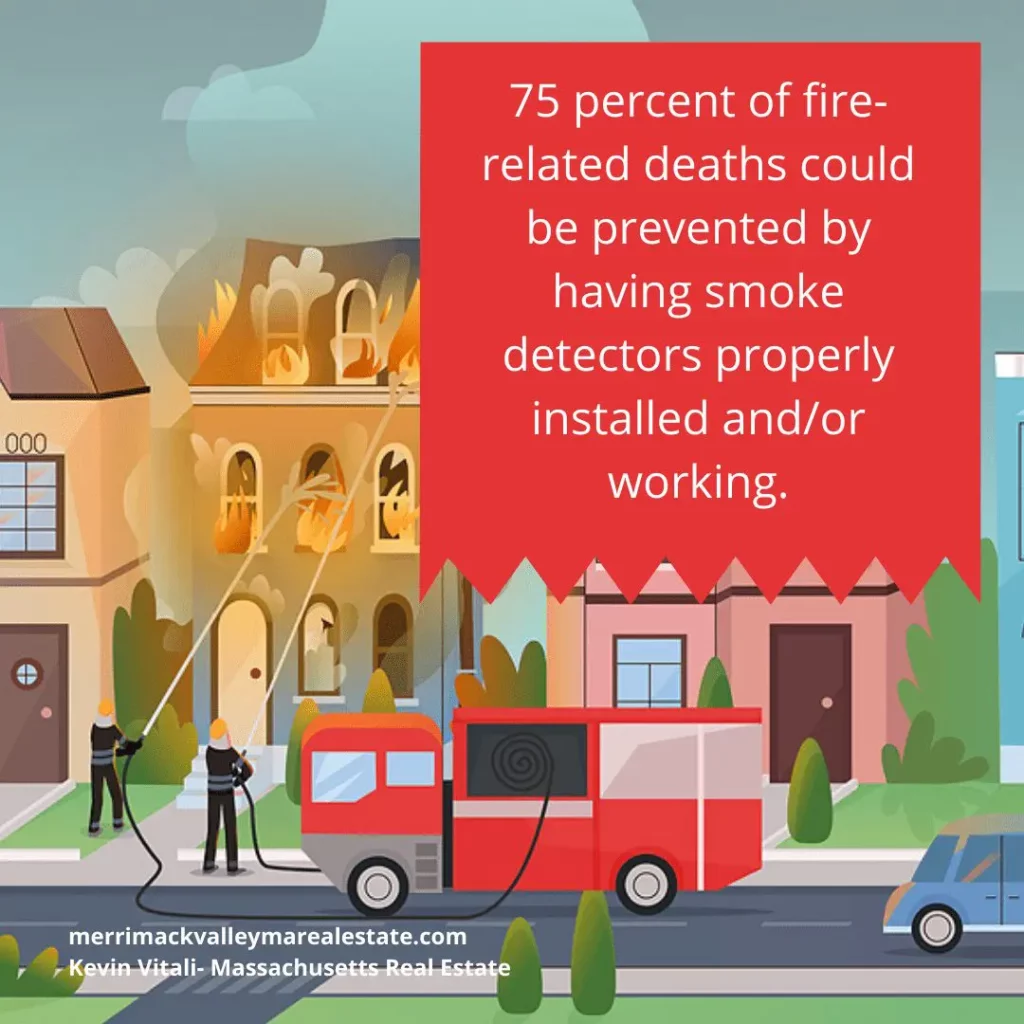 It doesn’t matter why you are doing a remodel on your property (preparing it for a sale or just sprucing it up), unless you happen to be a contractor yourself, you will need to hire someone for the job. As anyone who has ever had a contractor work on their property will tell you, there is a huge difference between hiring a great contractor with whom you have a fantastic relationship and hiring a subpar one with whom you are always arguing.
It doesn’t matter why you are doing a remodel on your property (preparing it for a sale or just sprucing it up), unless you happen to be a contractor yourself, you will need to hire someone for the job. As anyone who has ever had a contractor work on their property will tell you, there is a huge difference between hiring a great contractor with whom you have a fantastic relationship and hiring a subpar one with whom you are always arguing.
So, is there a way to ensure that you have a good relationship with a good contractor and get the most out of that relationship?
Well, while it may not be a 100% sure thing, there are certain things you can do that will definitely help nudge your experience in the right direction.
Finding the Right Contractor
You may plan out your future interactions with your contractor as well as you wish, but if you chose the wrong person all of it will be in vain. In other words, every great contractor relationship starts with choosing wisely.
The first step in finding the right contractor will always be recommendations. Start with friends and family. Personal experiences of someone you can trust are still one of the best gauges of a contractor’s expertise. In case your friends and family are of no help, you can talk to a building inspector from your area, someone from the local lumberyard, a realtor you worked with recently or anyone else who might come in contact with contractors on a regular basis.
If you cannot get any personal recommendations, you can always check out local yellow pages and forums and see who random people recommend. If you choose to go this way, make sure to find out if they are properly licensed, if they have a valid contractor bond and perhaps check out their BBB rating, just in case.
In any case, unless you get a really glowing recommendation from someone you really trust, you will probably narrow down your initial search to three or four contractors.
It is now time to get in touch with each of them and get some quotes. You would be amazed at how much quotes can vary and you must always make sure that you use the same kind of project with the same amount of work and the same materials to make the comparison.
One thing that many people overlook is the personal “fit”. You will be working with these people for a long time and if your gut is telling you the relationship would be a strained one, you might want to go with your gut. Of course, do not make it the only criterion, but keep it in mind.
Putting Everything on Paper
Now that you have chosen your contractor, it is time for the next crucial step – the contract. To someone who has never worked with contractors, it may seem like an easy thing to do, but there are more than a few things that you need to be extra careful about when drawing up the contract. We are, of course, talking about more advanced aspects of the contract and not the basics such as timetables, liabilities and payments.
For one, you have to be smart about the payment options and the schedule of payments. In the vast majority of cases, you would not be paying anything more than 10-20% in advance. If you agree on payment in installments, it is crucial that the last payment (and preferably the largest one) is made only once the work is finished and inspected by you.
You should also avoid allowances from becoming a part of your contract. Allowances are introduced when you do not agree to a certain detail of the work before the works begin. For example, you may have not chosen the bathroom fixtures and your contractor will put allowance as something of a placeholder in the contract. The problem is that this can lead to overspending once the work begins as the preset allowance may turn out to be small. The best way to avoid this is to sort everything out material and fixtures-wise beforehand.
Another thing to be aware of are overruns, or cases when additional, unexpected work has to be done. Always include a clause in the contract that all unforeseen work and the money spent on it has to be okayed by you.
You should also ensure that you vet all the subcontractors that your contractor might use for portions of the job. For instance, when bathrooms are done, your contractor might need to subcontract some of the work to plumbers and electricians and you want to know exactly where you stand with them.
Finally, keep in mind that coming up with a contract that works for both parties is an ongoing process. Only once you are 100% certain that you are comfortable with it should you put your name to the paper.
Staying on Top of Things (and Being a Nice Person)
Once the work starts, you will want to stay involved. For example, you can come over each morning and talk to the foreman about the work planned for the day. You can, from time to time, bring over some refreshments for the crew, nothing fancy, some coffees or donuts (or something less cliché). At the end of each day, come over again and check up on the work done.
If you really want to be super-meticulous, you can start running a daily journal where you will jot down everything that goes on, any discussions with your contractor, your ideas and more. This is a great way of staying in the loop and it can also be a helpful ally should something unexpected happen.
While you will want to stay involved, there is a limit to how intense you should get. Some people simply cannot control themselves and they keep haunting the site, getting on everyone’s nerves. Give people some breathing room. Imagine if someone came to your place of work and hovered over you 24/7.
It would also be a good idea to remember that these are professionals and that they will sometimes know stuff better than you do. This is not saying that you should behave as a push-over, but sometimes it is a good idea to let professionals do their work the way they think is best.
In the end, the best way to approach this is to put yourself in their shoes. What would you like to hear and see from your customer as a contractor? What kind of behavior would irate you?
Closing Word
Considering how different contractor relationships can turn out, it definitely pays off to be meticulous and careful. When you boil it down, it really isn’t asking too much, is it?
Other Real Estate Resources:
- Kevin Vitali Renovating Smart
- Anita Clark Repairs to Consider before Selling Your Home
- Bill Gassett Low Cost Improvements to Think About Before Selling Your Home
- Kyle Hiscock How to Purchase and Renovate A Home
- Dustin Brohm 6 Renovations that Increase Value
This article, How to Get the Most out of Your Contractors was a guest post for Kevin Vitali provided by James D. Burbank is the editor-in-chief of BizzMarkBlog who likes to take a break from writing about strictly business-related stuff every now and then.




